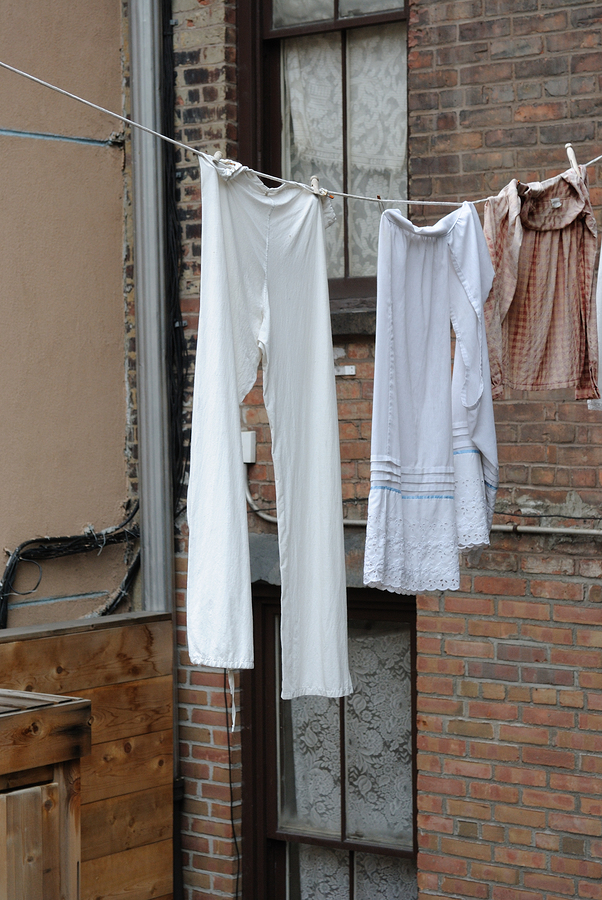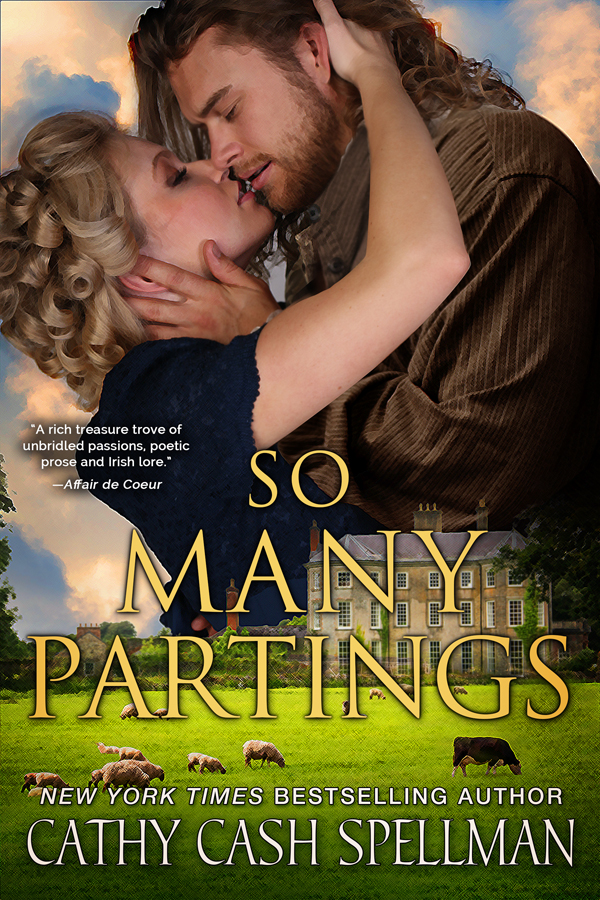NINA. No Irish Need Apply

The Irish Immigrant in 1890 New York
The journey in steerage was a nightmare. If a storm arose in the North Atlantic you and the other Irish immigrants were locked belowdecks so you couldn’t make it to the lifeboats.
If you made it alive, you arrived in New York City and found you had journeyed into hell. Just because you were Irish.
The streets were not paved with gold, as you’d dreamed, but with blood, sweat, tears and destitution. Anti-Irish sentiment was at fever pitch. No Irish Need Apply signs were on most doors where p ossible employment lurked. If you were an O’Brien or O’Shaunessy or O’ anything else, you were vilified, laughed at and shunned by nearly everyone.
ossible employment lurked. If you were an O’Brien or O’Shaunessy or O’ anything else, you were vilified, laughed at and shunned by nearly everyone.
NINA
NINA it was dubbed, but it might as well have been called a death warrant for a huge percentage of immigrant Irish families who had nowhere to turn until the politicians took a hand in their troubled destiny.
Speaking the Language
The Irish had two things going in their favor. The men tend ed to be physically large and strong, as farm labor had been the profession for most and genetics had made them a hardy race. More importantly, unlike the other immigrant populations who were vying for jobs, they spoke the language.
ed to be physically large and strong, as farm labor had been the profession for most and genetics had made them a hardy race. More importantly, unlike the other immigrant populations who were vying for jobs, they spoke the language.
The Irish were desperate and shunned, but they had a flair for poetry, words and politics. The fact that they spoke the language eloquently gave them a leg up on other immigrant populations. The fact that they had a gift for charming the birds from the bushes meant they could sometimes overcome fate.
Hatred is an Old Game
Watching our current immigrant crisis unfold makes it abundantly clear that fear, ignorance, arrogance and misinformation are what feed the hunger of those who wish to hate, not to help assimilate.

In turn of the century New York and Boston, the Irish were anathema. Each generation, it seems, simply chooses a new scapegoat on which to vent its cruelty.
The generous words on the pedestal of the Statue of Liberty, “Give me your tired, your poor, your huddled masses yearning to breathe free…” were ignored in the time of my story, just as they seem to be ignored by many, now.
The Famine
Against all odds, an earlier wave of Irishmen, who arrived here after the Potato Famine of the 1840s, had carved out a place for themselves in Politics, particularly in the Democratic Party. A few, like Boss Tweed, had carved out fortunes.
Realizing that the impoverished Irish represented a large number of votes as well as a large workforce, the Irish pols decided to feed the hungry, get jobs for the able-bodied, help the workers to unionize and capitalize on the silver-tongued eloquence that came so easily to the Irish.
In the telling of So Many Partings, I’ve attempted not only to create a fictional story of life, love and betrayal, but to be true to the breathtaking scope and dynamism of those turbulant times, w hen rags to riches could be a reality and politics could pave the way.
hen rags to riches could be a reality and politics could pave the way.
Tom Dalton’s tale is no less plausible than Old Joe Kennedy’s and others who used their wits, brawn and political instincts to save themselves and to add their own brand of legend to the building of America. The history of the rise of the Irish here is magical, tragic and mighty – fiction can barely do it justice.
I hope the life, loves and losses of Tom Dalton at the end of the 19th century can bring the saga of the Irish in America to life for you in all it’s implausible, hardscrabble yet mythic glory. After all, for the Irish race from time immemorial, song and story have been their hallowed hallmarks.
back to the list…